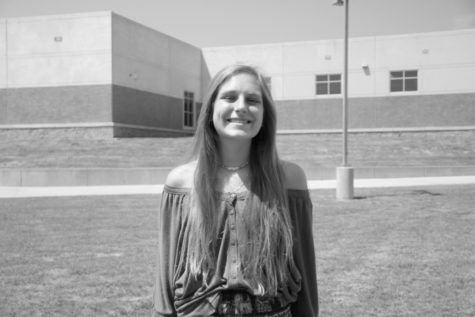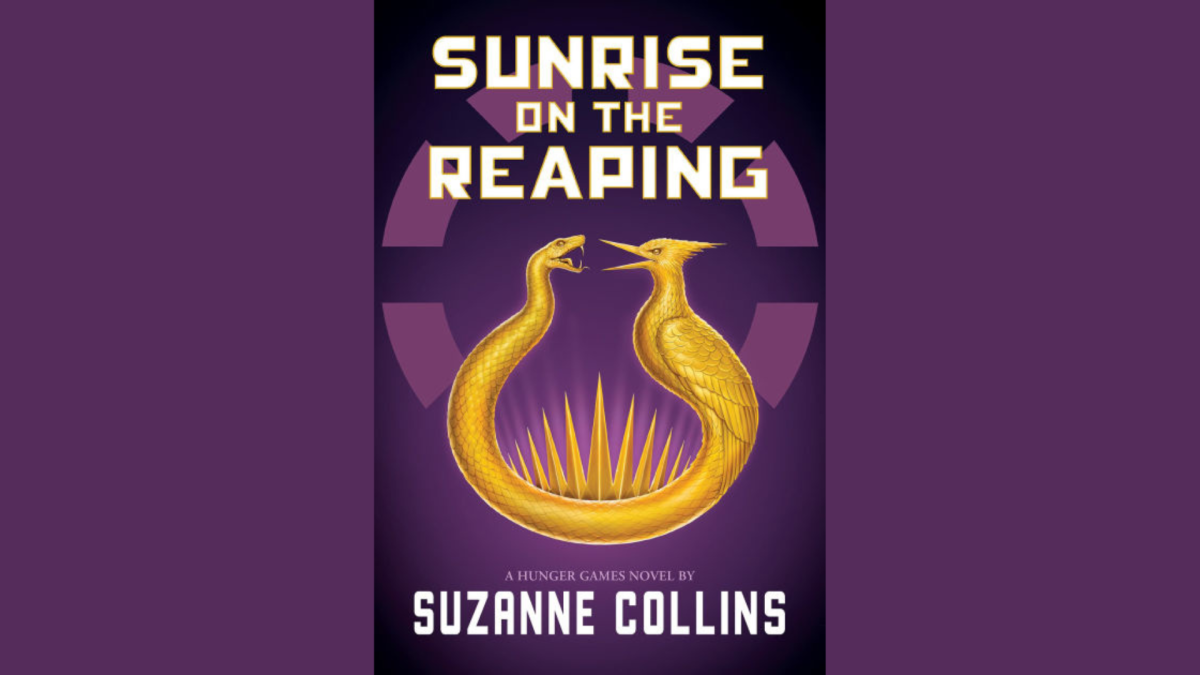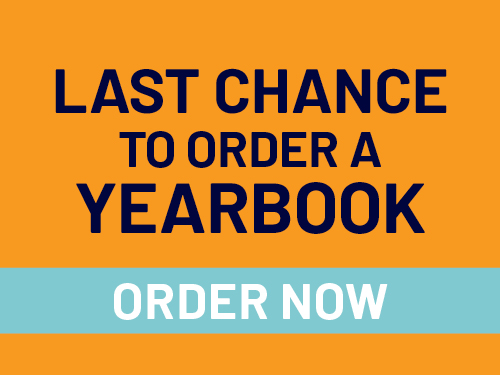Finding your people
February 14, 2018
Lately, I’ve been obsessed with making a recovery from the funk I was sucked into a few months ago that altered the way I carried myself, the way I interacted with people and my once exceptional work ethic. Writing, specifically, talking to people, understanding it was not just me having a hard time, has significantly proven to make me feel better.
To begin, I want to let anyone reading this article know that we have an amazing set of minds on campus, although it may seem hard to find an adult you can open up to and ask them personal questions and advice, as I did for this article, good listeners and even better advice givers are out there.
Of the many issues I wished I could resolve was the consistent and painful heartbreak of lost friendships. I had been avoiding thinking about this, but doing so only made it worse. I decided to address the issue by speaking with a few trusted adults and finding the answer to my most feared questions, ‘Why do we lose our friends? and ‘How do you know when you’ve found a real one?’
I’ve formed dozens of close friendships with a diverse set of individuals throughout my 16 years. I spent a lot of my time with the same people, and then came to realize that these friendships were not as complex or personal as I had anticipated. Every time a friend and I grow apart, I find myself feeling lost and confused. I despised feeling alone in these situations, so I went searching for the root of the problem and went out asking people if it ever gets better, because whatever I was doing to deal with it was not working. Moping around, feeling friendless if a person from my collection slipped out of place; these reactions just weren’t healthy.
People are always changing. You can’t anticipate it, but you need to learn coping mechanisms to get better at understanding that change happens constantly. If this is an issue for you, try to understand why or how the person is changing and then assess if it benefits you or holds you back from your personal revisions. The only time change should be a conflict is when it is a negative change. By this, I mean the addition of unhealthy habits into a friend’s lifestyle. In the case of a true friend, you evolve together. And if you’re not both evolving and working on yourselves, if someone you know refuses to make important life changes that could benefit them, then they’re probably are not on your same wavelength. If you can’t accept the path they’re taking, let them go and don’t make it your problem.
You can’t make someone be friends with you or like you. Things get especially hard when you’re holding on too tight to the relationship, unable to accept their wish to leave. From personal experience, losing friends can feel worse than heartbreak. Any time you have to work really hard at a friendship, to the point where it’s making you anxious, more upset than happy, leave them as soon as possible. You should not feel uncomfortable in a friendship. Why would you waste your positive energy on someone you’ll never click with, when there are so many people you have yet to meet/already know who love you for how you are?
Lastly, and most importantly, no one should be embarrassed about the impreventable sequence of losing friends. Everyone, no matter how nice or attractive or cool, has lost a friend they once invested most of their time in. It hurts, but with time and the meeting of new, wonderful people who invest their time in you, you are always bound to have another great friend to replace one that may have gotten away. Once you’ve set your pride away, you’d be surprised how many people there are to relate to.
You are who you are. If you’re lost and feeling lonely, as if no one understands you, being yourself and standing up for what you believe in says everything about your character, and people will notice and be impressed. To let yourself thrive and to encourage change, whether you’re alongside someone or not, is what life is about. The people who you’re meant to be friends with will water your garden and accentuate your greatest characteristics, while at the same time, listening and accepting your flaws. As soon as you start treating yourself like a real person, expressing insecurities and triggers that you’ve felt the need to hold back, you’ll understand true friendship is feasible when two people really understand each other.






